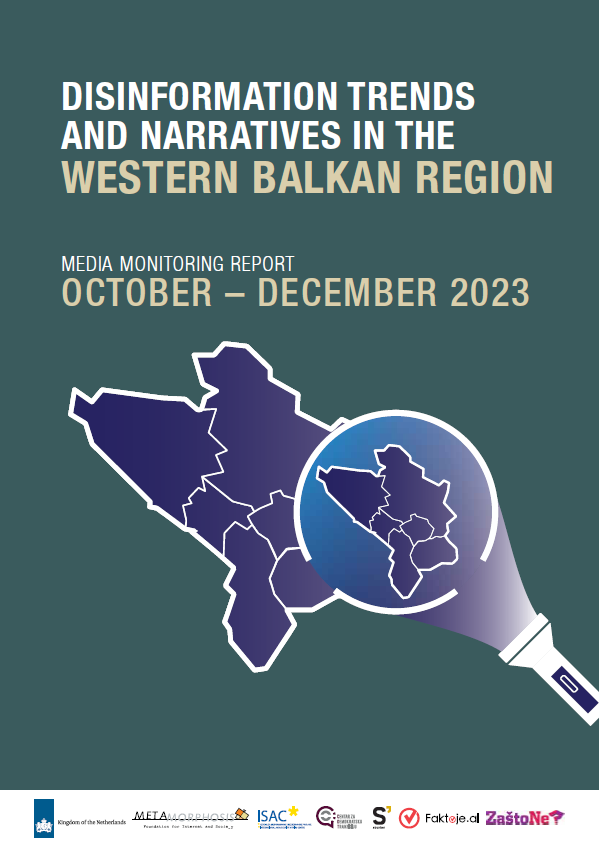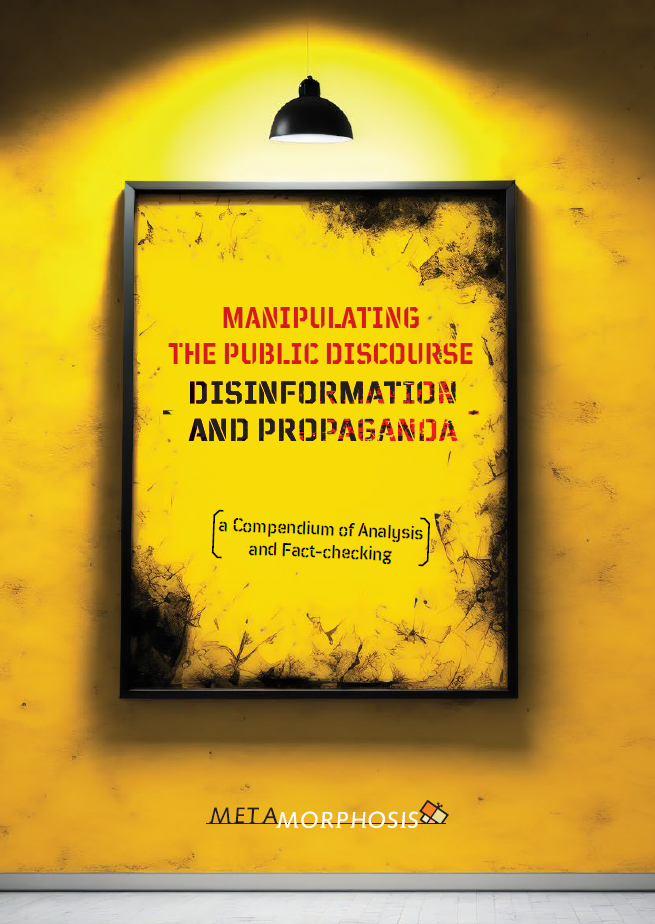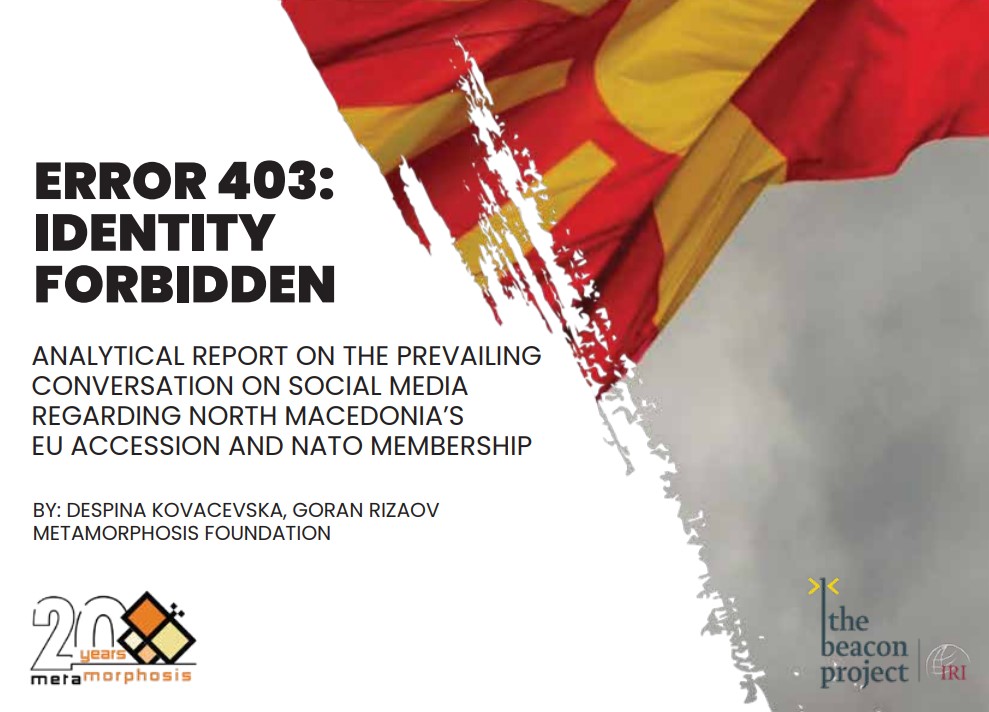Being familiar with the yo-yo effect in many areas that are critical to democracy in the Republic of North Macedonia, we titled last year’s media sector reform survey “Media Reforms – Never Enough”. We assessed this are as generally positive but also cautioned against the dangers if the reforms are not continued.
An additional problem for the viability of commercial media is the pandemic with the new coronavirus and the disease it causes – the COVID-19. As part of the fight against the spread of the disease, despite restrictive measures by the state, the media is increasingly complaining that many companies are cancelling their advertising campaigns and organizing events. This can be an extremely aggravating factor for future media work.
An additional problem is the fact that some media owners are not able to provide journalists with the equipment for safe field monitoring of the infection.
Although these elements are not included in the official research paper, we believe they are important and need to be noted.
Our research has shown that key recommendations to authorities and other stakeholders in the media sector from last year have not been implemented or have been under-implemented and that little progress has been made in certain areas – reducing physical and verbal attacks on journalists (by the end of February 2020), greater proactive response by police, prosecution and courts in such cases and increased transparency and self-regulation. However, these positive elements are not enough to overshadow the main problems that remain.
These problems are still located in four areas:
- There is no strategy for the media sector and no intentions to prepare such a strategy;
- There is insufficient political will among all relevant political stakeholders in the government and in the opposition to completely distance themselves from the influence on the editorial policy of the media. Moreover, as “mitigating circumstance”by decision makers are benefiting the small marketing market, the problem of fake news or generally misinformation, and the still relatively low resistance to fierce criticism of elected and appointed officials;
- Reforms in the public broadcasting sector, primarily in the MRT/NRT Public Broadcaster and in the AAVMU regulatory agency have not been implemented, although the legal preconditions were fulfilled more than a year ago;
- Required by the media themselves, the major private broadcasters, but also newspapers and portals to non-selectively receive funding or other subsidies directly from the budget, from local government, from public enterprises or from joint-stock companies of state or mixed ownership.
All this has produced a situation in which (according to the experience from 2019 and the amended electoral legislation), the coverage of political parties’ election campaigns for local, parliamentary or presidential elections in the media is financed by the state budget, for which proportionally, on an annual level, for now, that funding is greater than the funding that the former autocratic government paid in other form in 2007-2015, and especially in 2010-2015. This mechanism incorporated in the Electoral Code has been assessed as a possibility for media corruption by the State Commission for the Prevention of Corruption and as such in the first National Anti-Corruption Strategy that has been drafted but not adopted in Parliament because of, now the postponed plan for early elections.
Finally, another important note: the state of emergency in which the state is formally in from 19 March 2020, due to the danger of COVID-19, and thus the limitation of certain rights and obligations in all areas, has two possibilities:
a) recognize the need to complete the reforms in the media sector and realize the importance of the role of the media in a democracy and in times of crisis such as the “corona crisis”;
or
b) to go one step backwards and to return to self-censorship, first of all, and to the selectiveness by authorities over journalists or the media dividing them as “adequate” and “inadequate”.
The fight against misinformation and false news in a state of emergency, which is of course necessary, is a huge challenge for both the government and the media. In facing this challenge, the right to freedom of speech and freedom of the media should be maximally respected, and any restrictions should be legally substantiated and, ultimately, necessary to address serious crimes, but with due care not to interfere with the constitutional prohibition of censorship (Art. 16) and freedom of thought and the public expression of thought, even in a state of emergency or martial law (Art. 54).
The research before you is based on the data available by the end of February 2020. The research was conducted as part of the regional project “Western Balkans and the EU Accession Process: Applying Political Criteria”, led by the Center for Democratic Transition in Podgorica, Montenegro. The project is supported by the Royal Norwegian Embassy in Belgrade and the Balkan Trust for Democracy, a project of the German Marshall Fund of the United States.




























